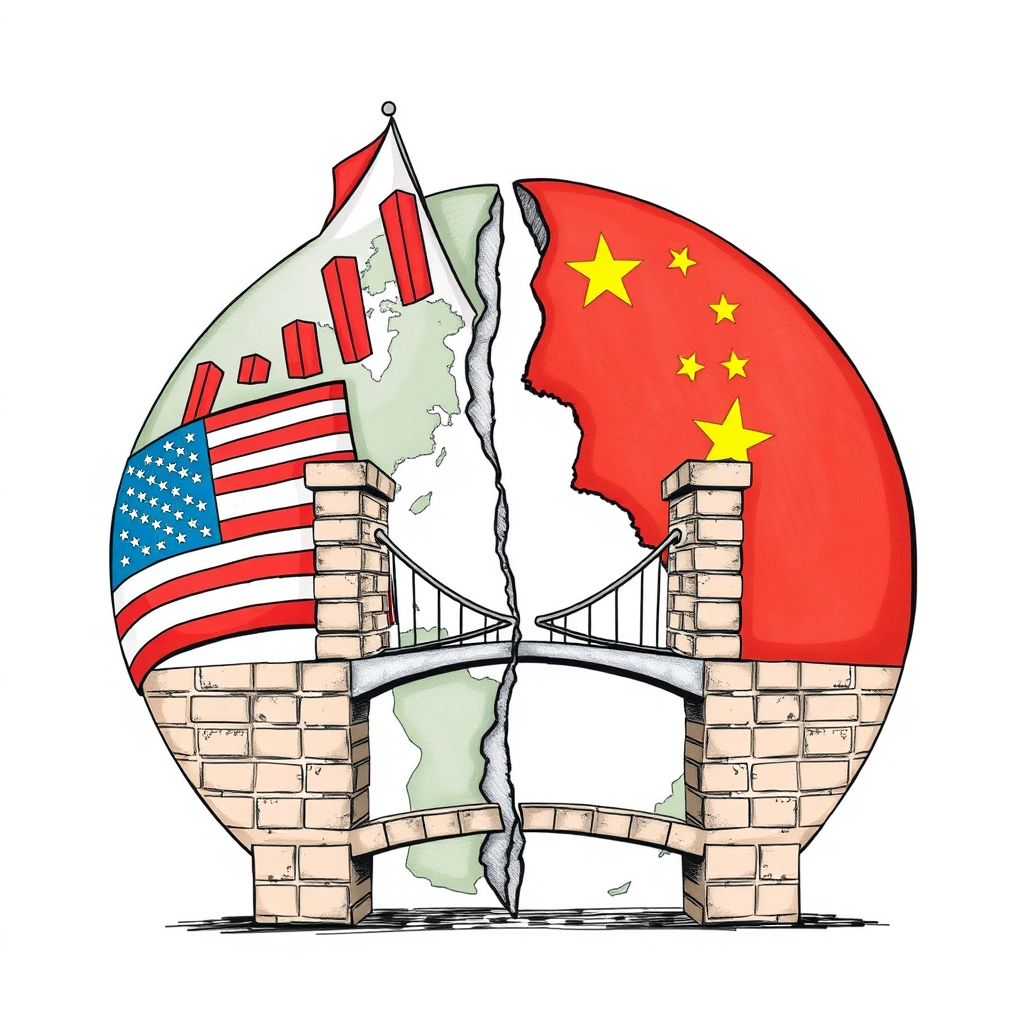China Demands US Reverse Tariffs, Calls Them 'Mistakes'

Beijing has called on the United States to fully rescind its reciprocal tariffs, characterizing them as a misstep in trade relations, even as Washington offered limited exemptions to certain imports. The appeal follows a US announcement Friday exempting consumer electronics – including smartphones, laptops, and memory chips – and key chipmaking equipment from tariffs initially imposed earlier this month.
A spokesperson for China’s commerce ministry stated the exemptions represent only a “small step” and that Beijing is assessing their overall impact. Despite this limited concession, retaliatory Chinese tariffs of 125 percent on a range of US goods went into effect Saturday, signaling continued defiance in the face of escalating trade tensions.
While the US move provides some relief to American tech giants like Nvidia, Dell, and Apple – which heavily relies on Chinese manufacturing – the vast majority of Chinese goods still face a substantial 145 percent levy. China was not included in a 90-day tariff reprieve granted by the US.
This situation highlights a complex and increasingly fraught trade relationship. While the US exemptions are a positive sign, they appear insufficient to de-escalate the conflict. China’s insistence on complete tariff cancellation, coupled with its implementation of retaliatory measures, suggests a willingness to maintain a firm stance. The limited scope of the US concessions feels more like a tactical adjustment to protect specific industries than a genuine attempt to resolve the underlying issues. A comprehensive solution requires more substantial negotiations and a willingness from both sides to address the concerns driving these escalating tariffs – concerns that extend beyond simple trade imbalances and delve into issues of intellectual property and market access. The current trajectory risks further damaging global supply chains and hindering economic growth for both nations.